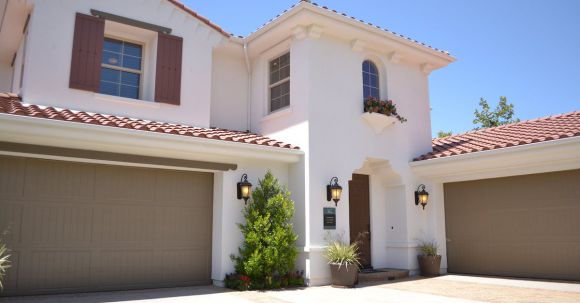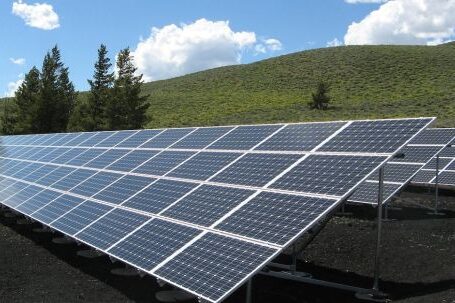Real estate development is a dynamic and thriving industry that holds immense potential for growth and profitability. With the increasing demand for housing and commercial spaces, developers are constantly finding new and innovative ways to capitalize on this lucrative market. In this article, we will delve into the various aspects of real estate development and explore its potential for investors and developers alike.
Understanding the Market Dynamics
Before embarking on any real estate development project, it is crucial to have a comprehensive understanding of the market dynamics. This involves studying the supply and demand trends, analyzing the local economy, and identifying the target demographic. By doing so, developers can ensure that their projects are in line with the market needs, thereby maximizing their chances of success.
Location, Location, Location
One of the key factors that determine the success of a real estate development project is its location. Investing in prime locations with high growth potential not only ensures a steady stream of demand but also increases the property value over time. Developers must carefully evaluate the accessibility, amenities, and infrastructure of an area before acquiring land or initiating a project.
Mixed-Use Developments: The Future of Real Estate
In recent years, mixed-use developments have gained significant popularity in the real estate industry. These projects combine residential, commercial, and retail spaces within a single development, creating a vibrant and self-sustaining community. By integrating different components, developers can cater to a wide range of needs and attract a diverse group of tenants or buyers. This not only enhances the overall value of the project but also provides a more holistic living experience for the residents.
Sustainable and Green Building Practices
As the world becomes more environmentally conscious, sustainable and green building practices have become a key consideration in real estate development. Incorporating energy-efficient designs, utilizing renewable materials, and implementing eco-friendly technologies can not only reduce the carbon footprint but also attract environmentally conscious investors and tenants. The demand for sustainable buildings is on the rise, making it a worthwhile investment for developers looking to capitalize on this growing trend.
Financing Options for Real Estate Development
Real estate development projects often require substantial capital investment. Developers can explore various financing options, such as traditional bank loans, private equity, or crowdfunding. Each option has its own advantages and considerations, and developers must carefully evaluate which one suits their specific project requirements. Additionally, government incentives and tax breaks are often available for real estate development projects, further enhancing their viability.
Mitigating Risks in Real Estate Development
Like any investment, real estate development comes with its fair share of risks. Developers must conduct thorough due diligence, including legal and financial assessments, to identify potential risks and mitigate them effectively. Proper risk management strategies, such as diversifying the portfolio, conducting market research, and having contingency plans in place, can help developers navigate uncertainties and ensure a successful outcome.
Conclusion: A Lucrative Opportunity
Real estate development presents a lucrative opportunity for investors and developers. With the right market understanding, strategic location selection, sustainable practices, and proper risk management, developers can create highly profitable projects that meet the demands of the market. By embracing innovation and staying abreast of the latest trends, real estate development can be a rewarding and fulfilling industry to explore.





